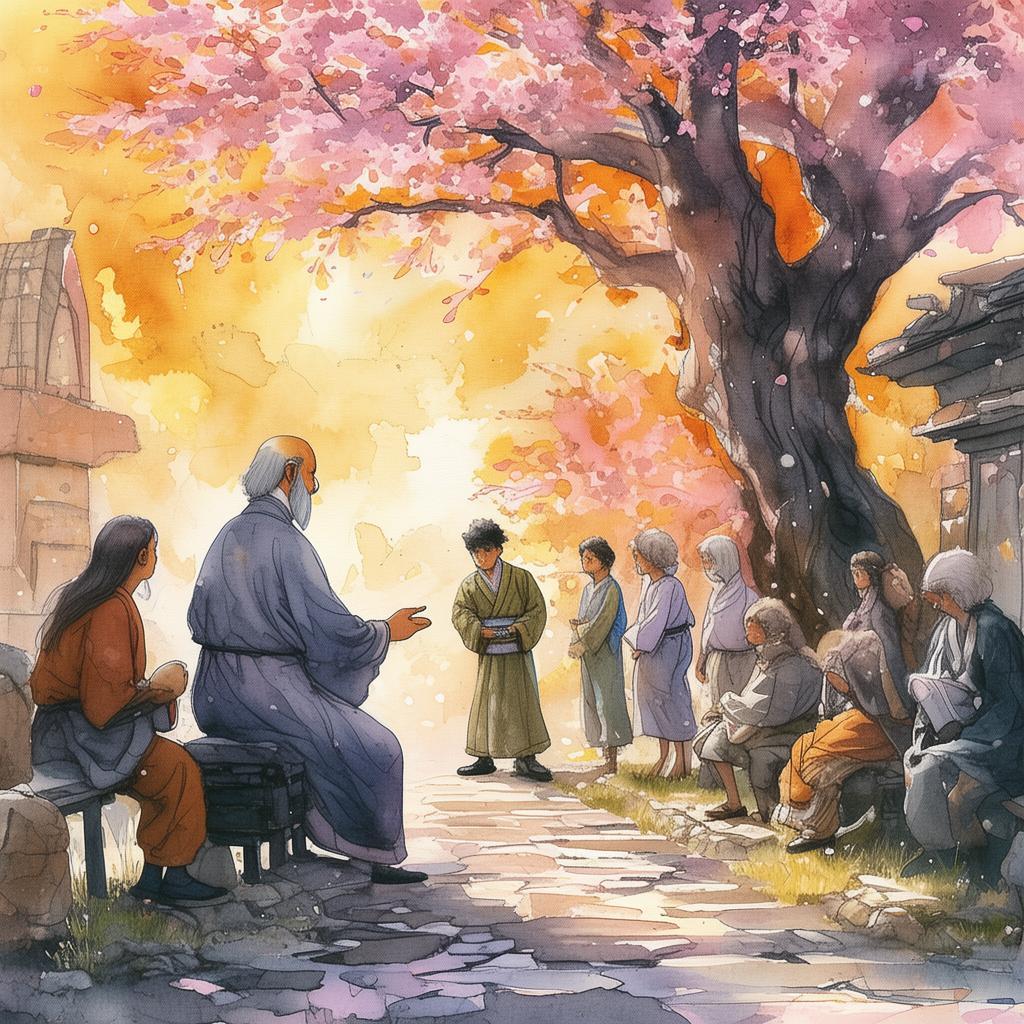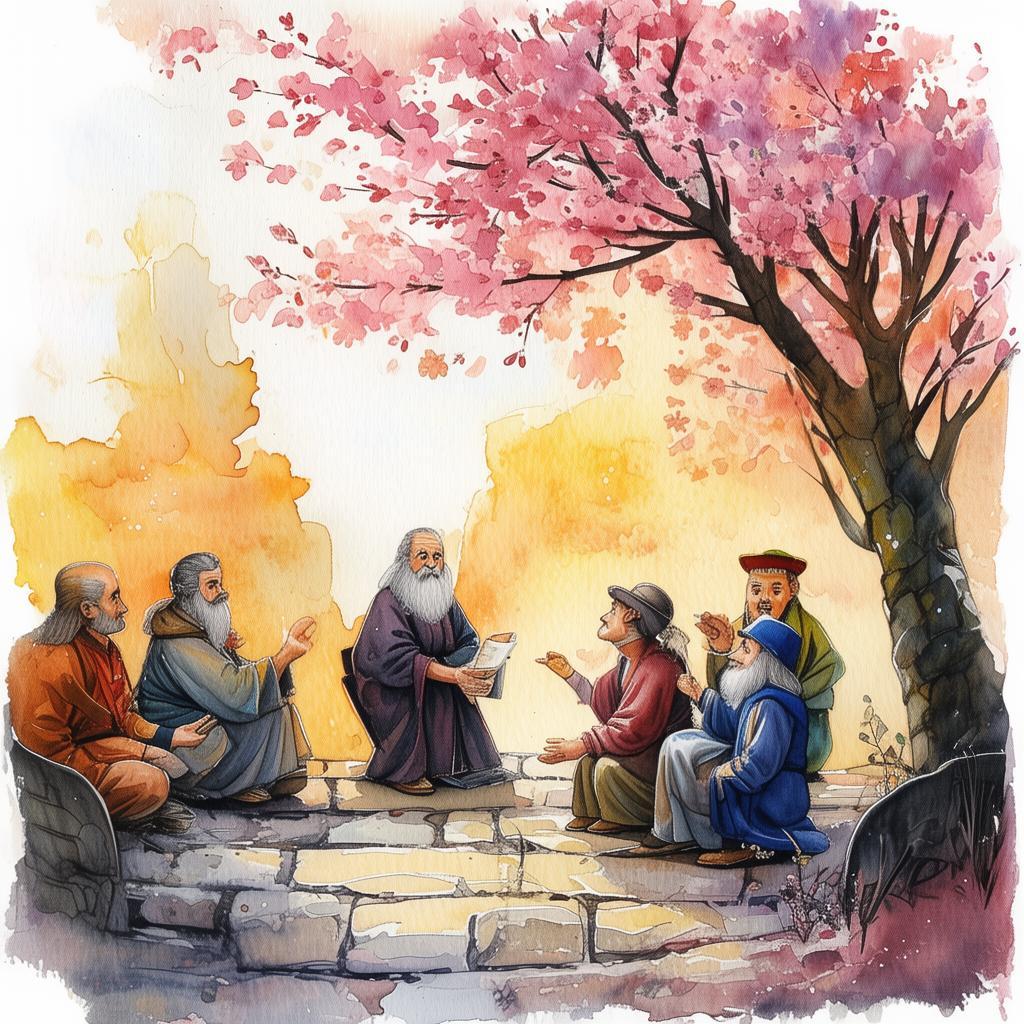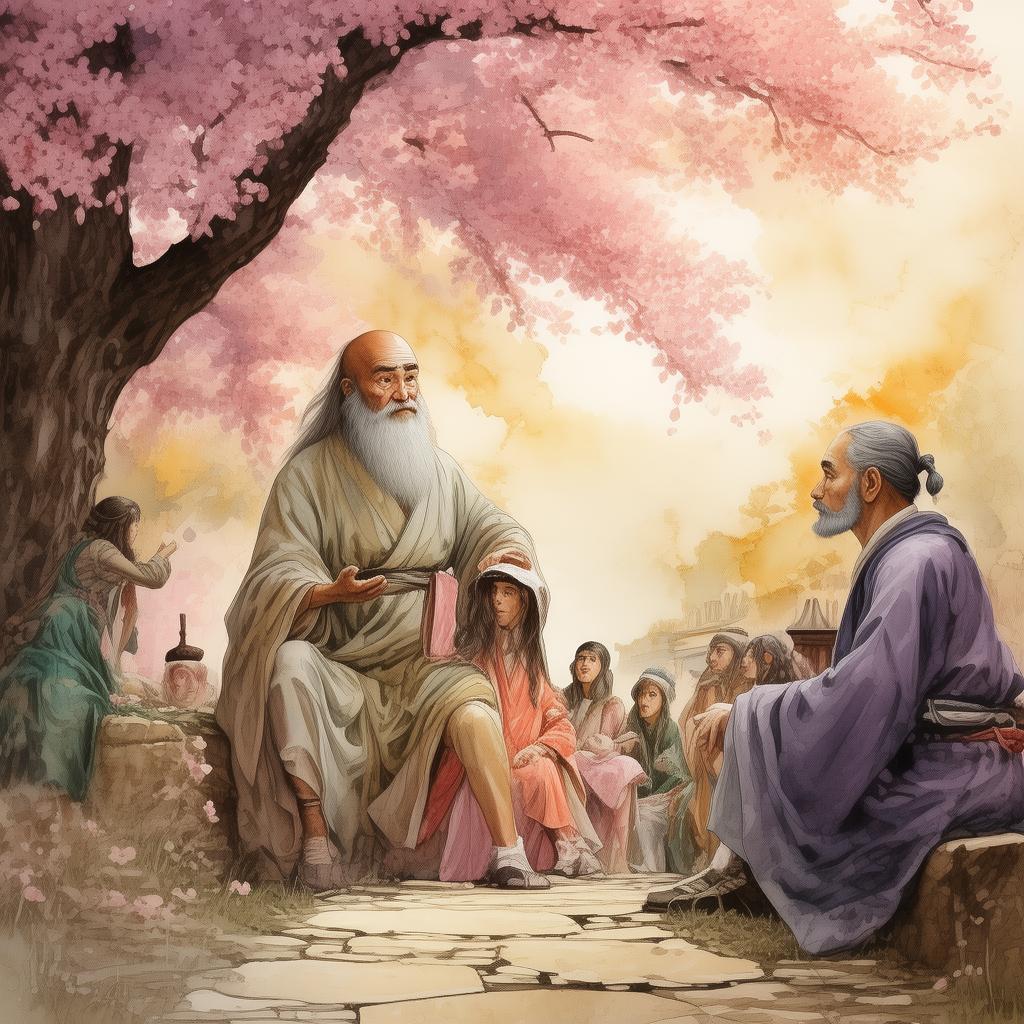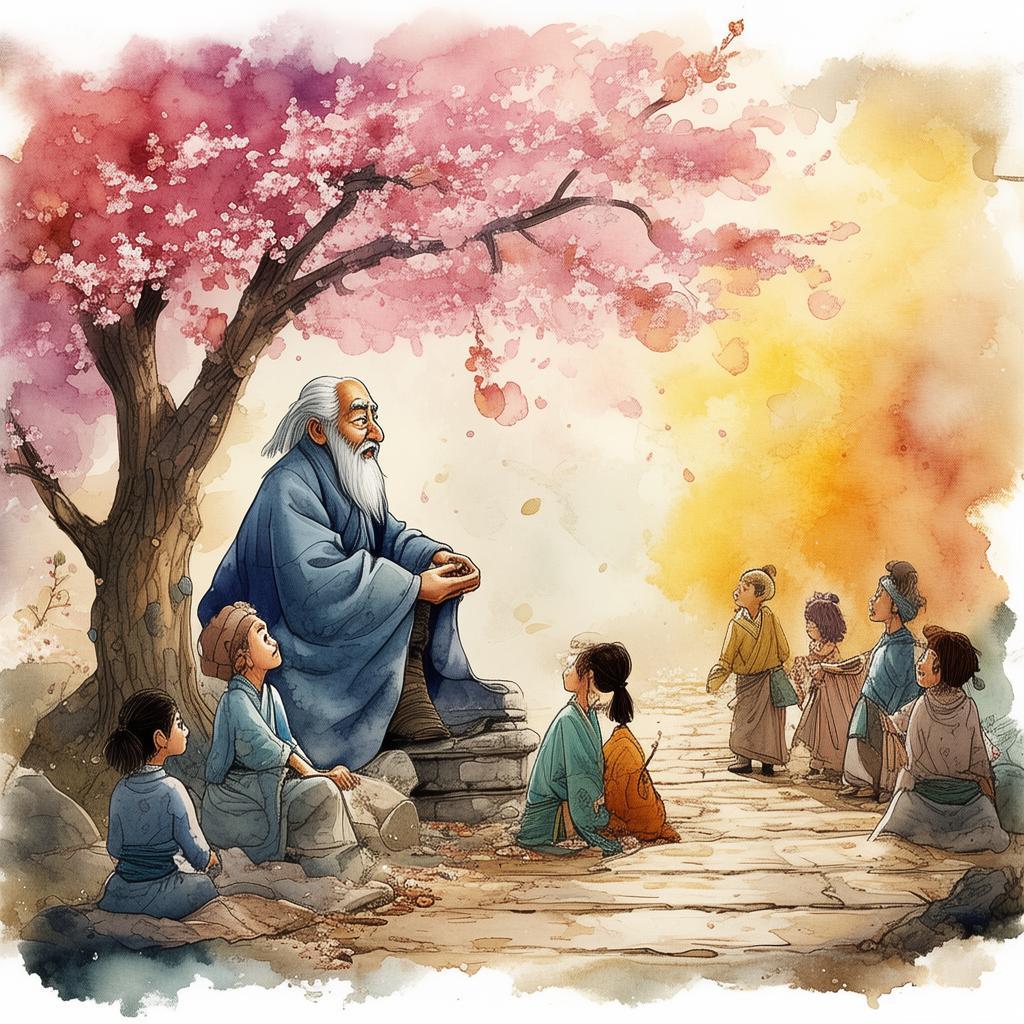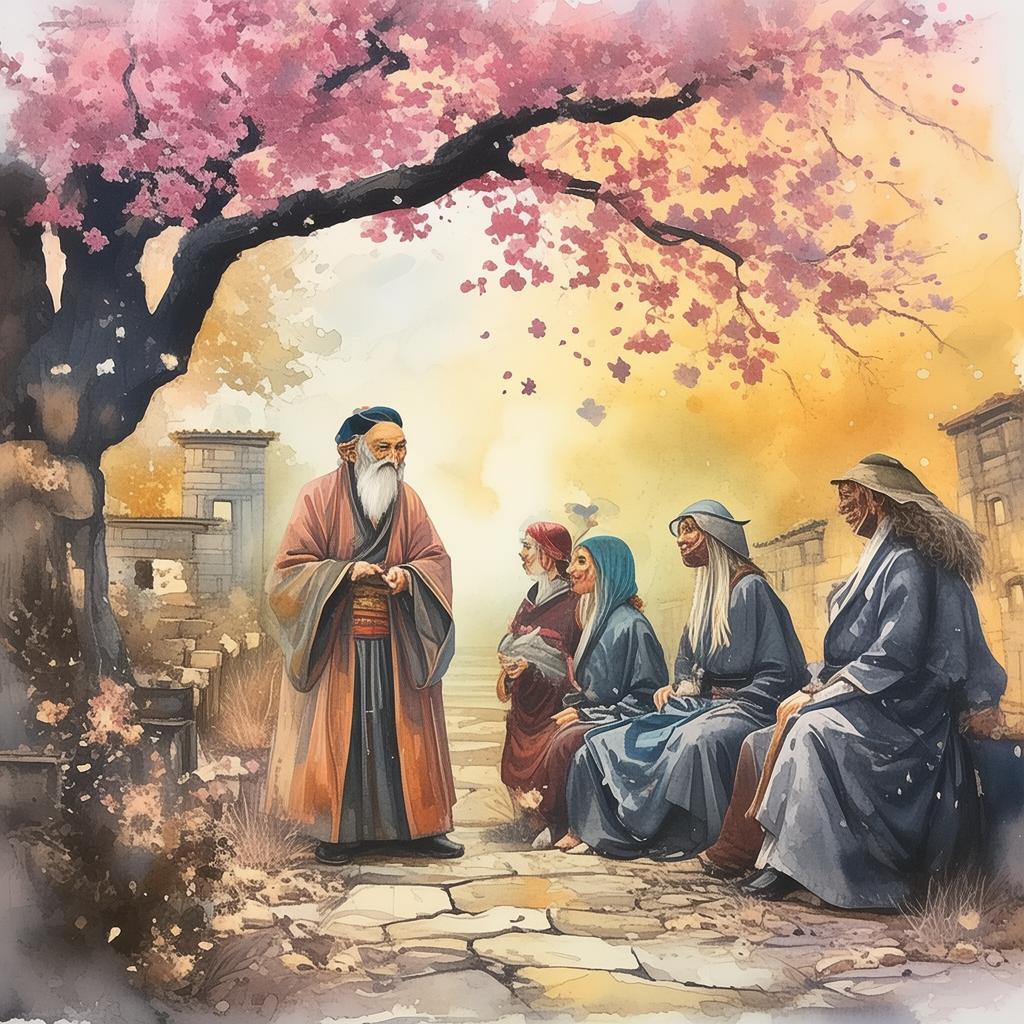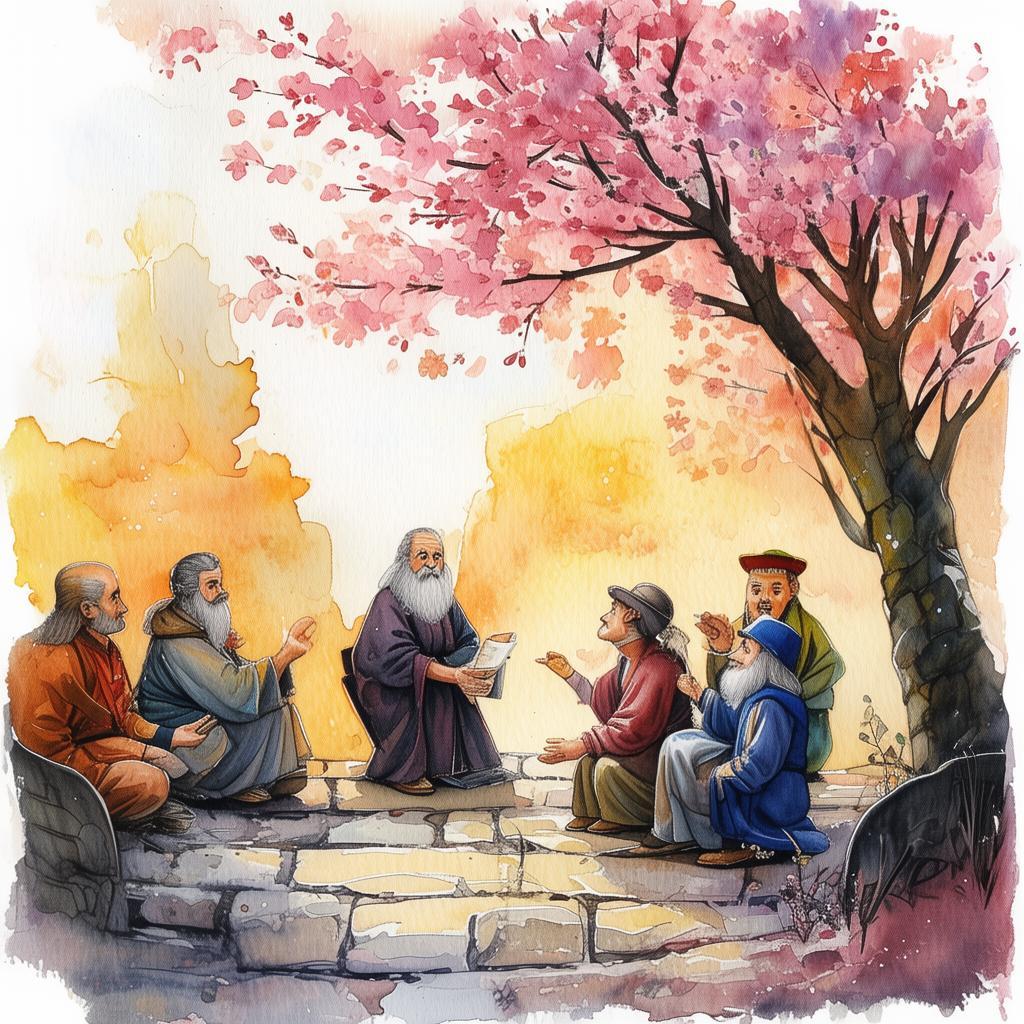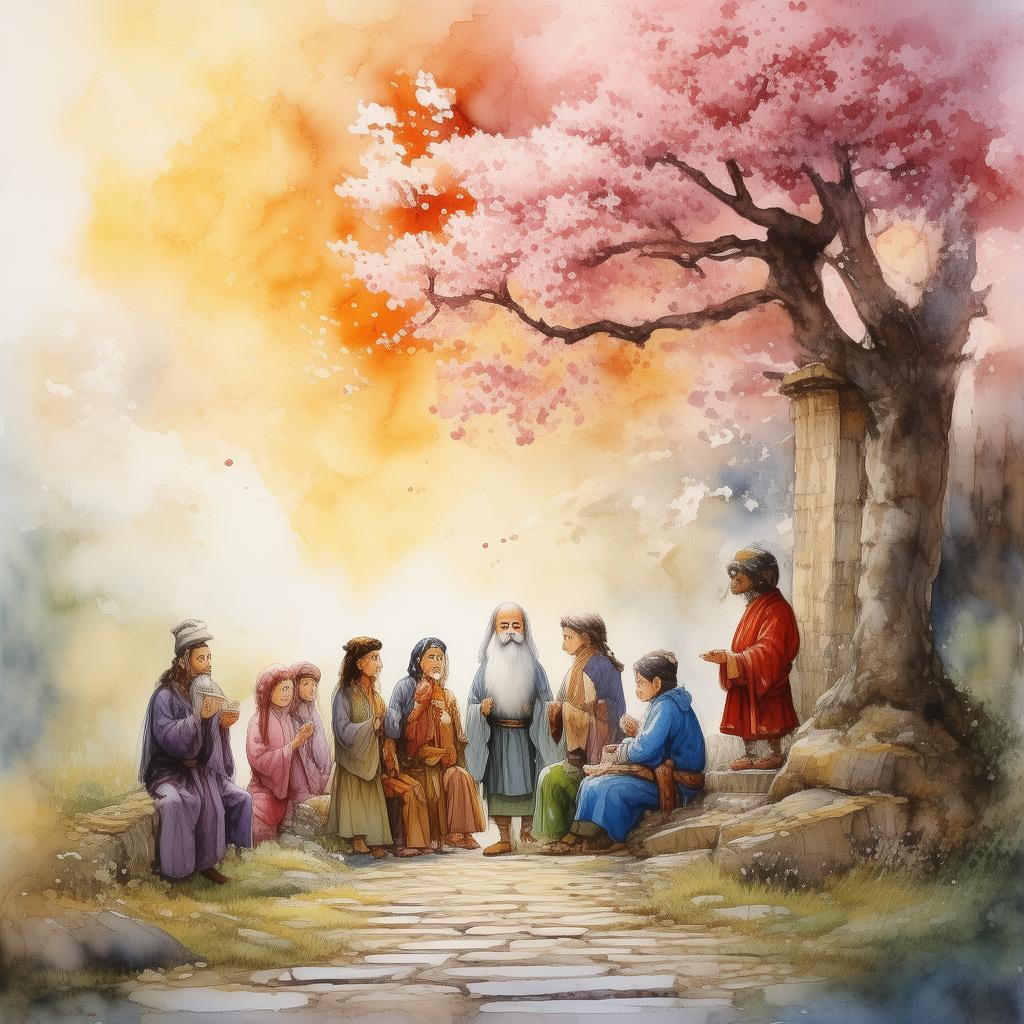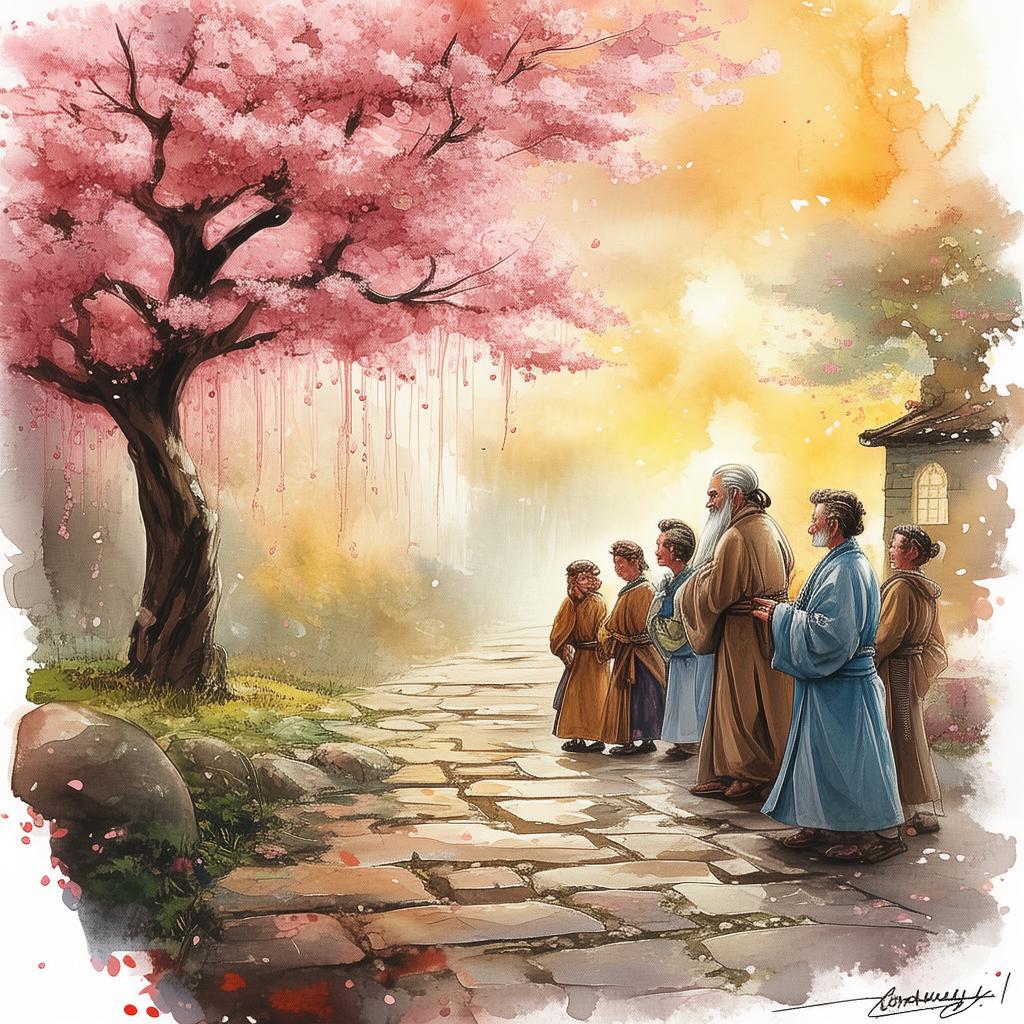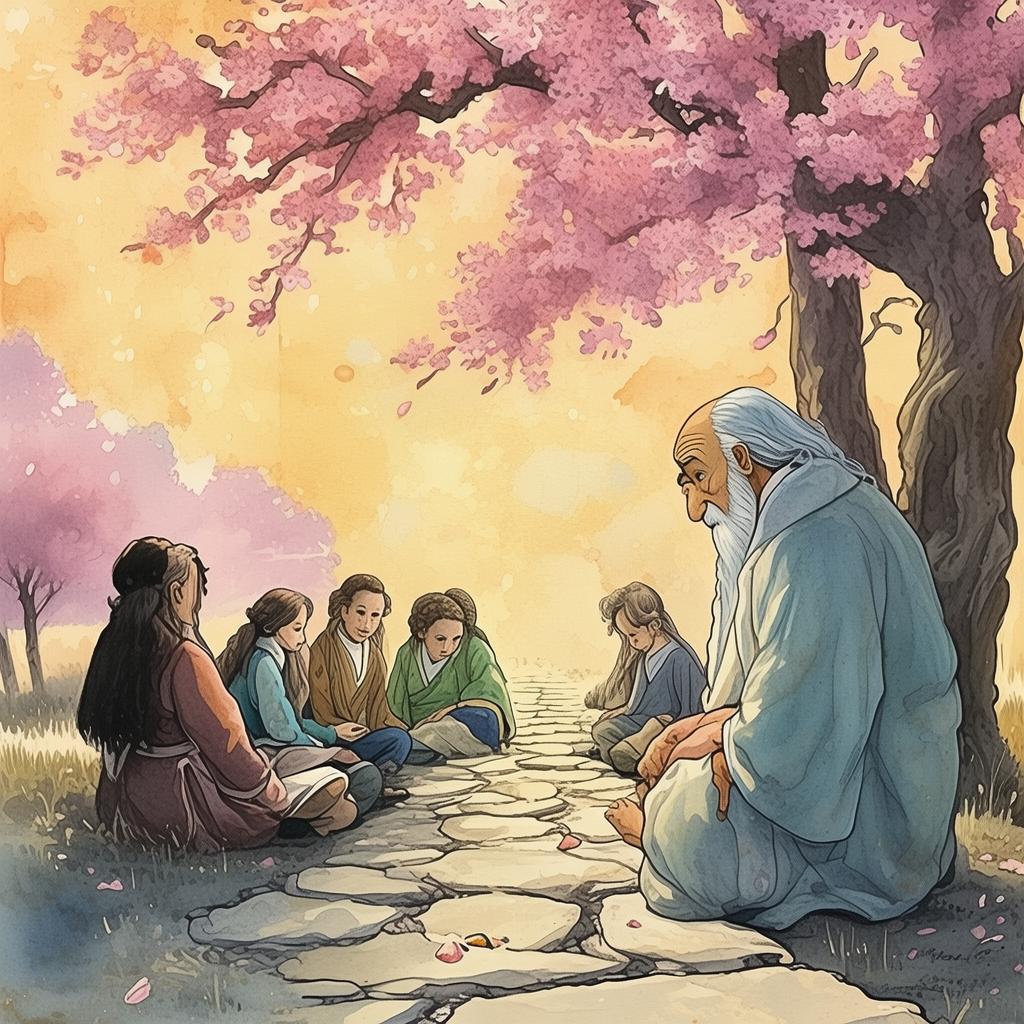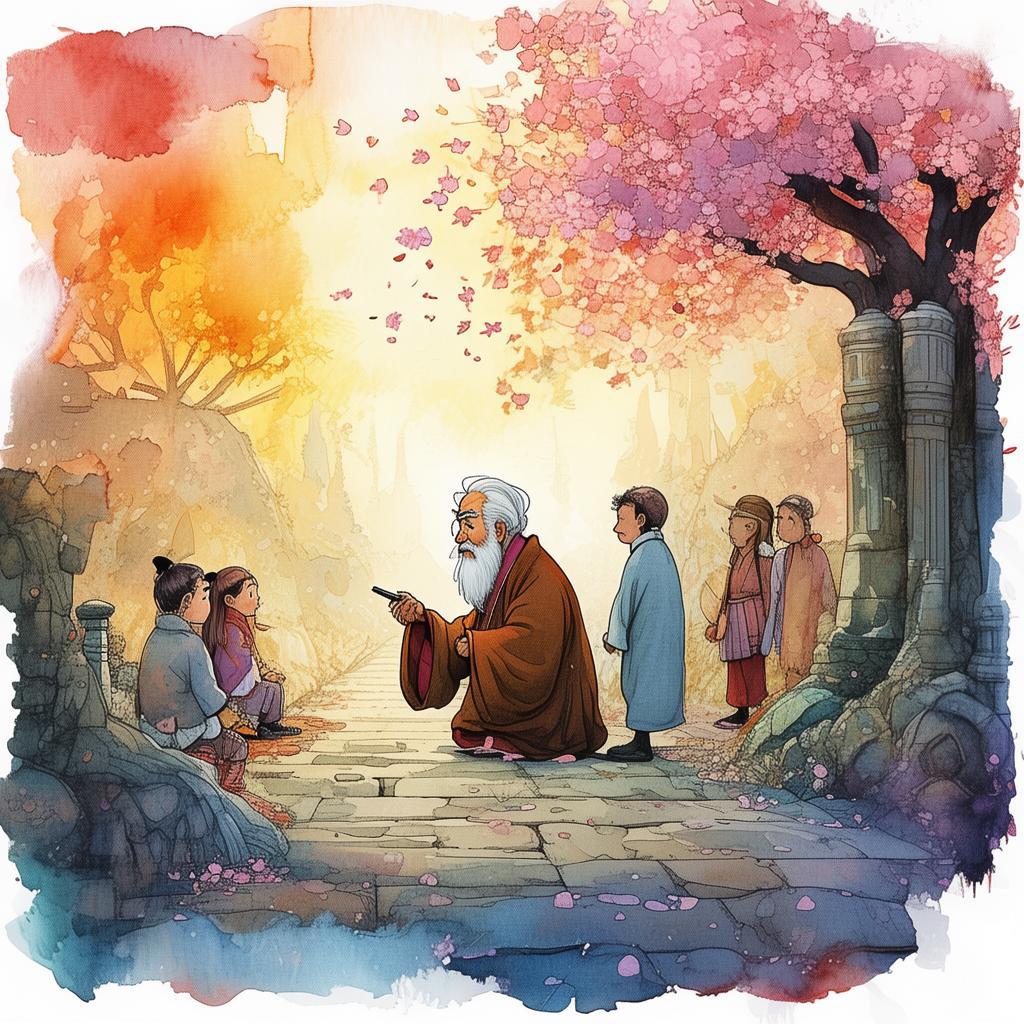The Dragon's Den: The Resilience of Xinli
In the remote corners of the Chinese countryside, nestled among the verdant hills, there lay the quaint village of Xinli. The villagers of Xinli were a proud lot, with their history intertwined with the lush tapestry of the land. For generations, they had honed their craft in the art of silk production, weaving together the threads of tradition with the raw silk they meticulously harvested from their silkworms. It was this traditional craftsmanship that sustained the village, binding it together in a tight-knit community.
However, life in Xinli had not been without its challenges. For years, the village had been under the oppressive shadow of The Dragon's Den, a sprawling factory complex that exploited the local resources and labor. The Dragon's Den, with its towering smokestacks and relentless production line, was the village's silent overlord, dictating terms and squeezing the lifeblood from the once vibrant community.
One evening, as the last threads of sunlight faded behind the mountains, an elder named Wang Yizhu stood atop the highest peak, his eyes reflecting the fiery hues of the setting sun. "The Dragon's Den has grown too large," he murmured to himself, "it is time for Xinli to reclaim its independence."
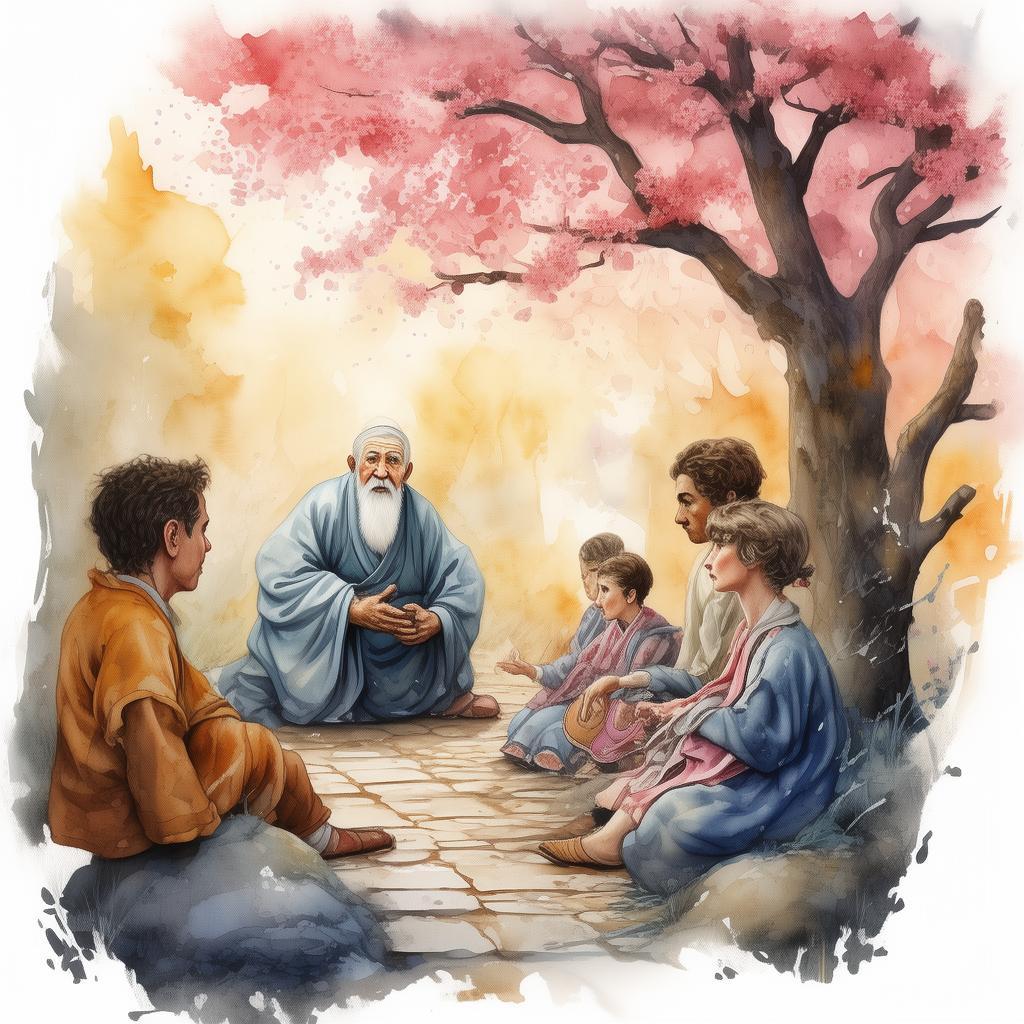
Word of Wang Yizhu's resolve spread quickly through the village, igniting a spark of rebellion in the hearts of the people. Meetings were held in secret, whispers were shared through the alleys, and soon, the seeds of change were sown in the fertile soil of Xinli.
The village elder, Wang Yizhu, knew that independence was not a goal to be achieved in a single day. It required careful planning, strategic thinking, and a unified spirit. He turned to the heart of Xinli's tradition—the craft of silk production. If the village could produce silk in quantity and quality that matched or surpassed that of The Dragon's Den, perhaps the factory would no longer hold sway over the village.
But it was not an easy road. The Dragon's Den's agents were numerous, and they worked tirelessly to discourage the villagers. They whispered tales of ruin, of failure, of the futility of rebellion. "Why waste your time and effort?" they would ask, "The Dragon's Den is too powerful."
Undeterred, Wang Yizhu rallied the villagers, inspiring them with the ancient proverb: "Resilience is the dragon that never dies."
With this spirit, the villagers set to work. They repaired looms that had been neglected for years, they trained the younger generations in the art of silk production, and they even sought the wisdom of distant experts. The Dragon's Den watched with a mixture of suspicion and disdain as the village slowly, but surely, transformed itself.
As the first looms began to hum once more, the villagers felt a surge of hope. The silk they produced was not just a testament to their resilience, but to their creativity and dedication. They began to weave intricate patterns, patterns that had been lost to time, patterns that spoke of their heritage and identity.
One day, the villagers received a visit from a representative of The Dragon's Den. The representative, a tall man with a cold gaze, walked into the village hall, where Wang Yizhu and the villagers awaited him. "Your silk is of exceptional quality," he began, his tone one of admiration, "but we must continue our agreement with the village."
Wang Yizhu stood tall, his eyes piercing the man's. "Our silk is for us," he declared. "We no longer wish to be the silent laborers of your factory."
The representative laughed, a cold sound that echoed through the room. "You think you can challenge the Dragon's Den? You are a drop in the ocean."
The villagers stood firm. "We are the ocean, and the Dragon's Den is just a ripple," Wang Yizhu retorted. "We have no need of you."
With that, the representative left, and the village of Xinli began to celebrate their newfound independence. They danced in the streets, singing songs of their heritage, of their struggle, and of their triumph.
But the celebration was short-lived. The Dragon's Den responded swiftly. They reduced the amount of silk they purchased from Xinli, offering less and less every month. The villagers, despite their success, were once again threatened by the shadow of poverty.
"We must adapt," Wang Yizhu declared. "We cannot rely solely on silk."
The villagers, with their indomitable spirit, began to explore other ways to earn a living. They started small, with local crafts and food products. They turned to their land, farming crops that were once forbidden, and they found that their traditional knowledge had not been wasted.
Years passed, and the village of Xinli began to thrive. They had not only preserved their heritage but had also created a sustainable community. The Dragon's Den, once a towering presence, had become just a distant memory.
The villagers had learned a valuable lesson from their struggle: resilience was the true strength. And it was this resilience that allowed them to face the future with hope and courage.
In the heart of Xinli, a new dragon was born. It was not the fire-breathing creature of myth, but a symbol of the village's spirit—unyielding, adaptable, and eternal. The village had proven that, with unity and determination, even the most daunting of challenges could be overcome.
And so, Xinli continued to grow, a testament to the indomitable spirit of its people.
✨ Original Statement ✨
All articles published on this website (including but not limited to text, images, videos, and other content) are original or authorized for reposting and are protected by relevant laws. Without the explicit written permission of this website, no individual or organization may copy, modify, repost, or use the content for commercial purposes.
If you need to quote or cooperate, please contact this site for authorization. We reserve the right to pursue legal responsibility for any unauthorized use.
Hereby declared.
